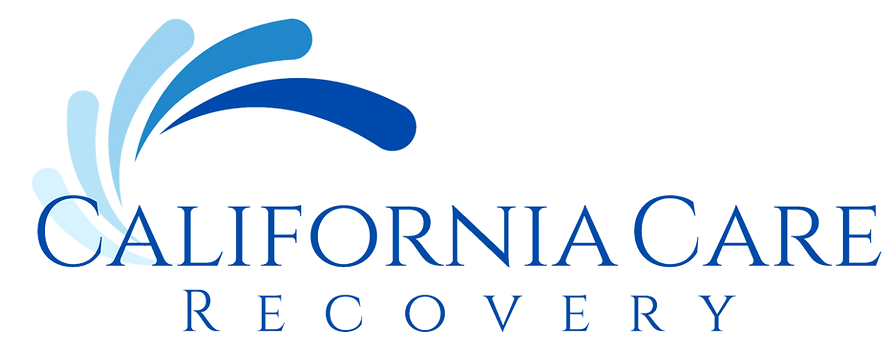Bipolar Treatment
Bipolar disorder can cause serious problems in many patients’ lives.
All too often, patients find themselves dealing with the impact of manic episodes or struggling to dig themselves out of long-term depressive episodes. Having the right treatment for bipolar disorder, on the other hand, can lead to substantial improvement in symptoms and, for many patients with bipolar disorder, a life with a higher overall level of freedom.
Types of Bipolar Disorder
Doctors usually break bipolar disorder into categories depending on the patient’s specific symptoms.
The categories of bipolar disorder include:
Bipolar 1:
Bipolar 2:
Cyclothymia:
Rapid cycling bipolar disorder:
Bipolar with mixed features:
Bipolar with seasonal pattern:
In some cases, patients may also have unspecified bipolar disorder, in which symptoms do not necessarily fit into the other clear categories.
Symptoms of Bipolar Disorder
Bipolar disorder typically involves extreme mood swings. People with bipolar disorder often experience both very “high highs” and “low lows.”
Symptoms of Mania
There are many things that can potentially trigger a manic episode. Manic symptoms may make a patient with bipolar disorder seem unusually upbeat or jumpy. Patients may show increased overall energy levels, extreme talkativeness, or increased distractibility. During manic episodes, patients may, in general, need less sleep.
They are also more likely to make potentially dangerous decisions or poor choices overall. For example, patients amid a manic episode may go on an extreme shopping spree or engage in risky sexual behavior.
Symptoms of Depression
During depressive episodes, patients with bipolar disorder may struggle with an overall depressed mood and lack of interest in normal activities, including things that usually bring them enjoyment. They often
show signs of changed appetite, including significant weight gain or loss or changes in appetite. During depressive episodes, patients often seem to suffer from apathy and low energy levels.
Treatment Options for Bipolar Disorder
As mental health professionals develop a deeper overall understanding of bipolar disorder, more treatment options come available for patients.
Medication
Emergency Treatment
In some cases, patients with bipolar disorder may require emergency medical treatment. Emergency medical care can help prevent patients from harming themselves or others during a devastating episode. Both extreme mania and extreme depression can cause dangerous behaviors that may require emergency intervention. Unfortunately, patients with bipolar disorder may not recognize the need for emergency intervention, so friends and family members may need to step up to support them and help them recognize those rising symptoms.
Day Treatment Programs
Inpatient Treatment
Residential treatment for bipolar disorder can be critical in helping some patients achieve lasting recovery. Individuals experiencing manic or depressive episodes may struggle to make healthy decisions in many areas of life. Inpatient care provides a safe space away from potential triggers, allowing patients to focus on identifying challenges and working through solutions. For many, it also offers a much-needed break from daily responsibilities, creating the ideal environment for focused healing.
Group Therapy
Family Therapy
Bipolar disorder impacts not only the person suffering from it but also their family. Many family members struggle heavily with the ongoing impact of bipolar disorder. Family therapy can help provide coping mechanisms for family members and identify many of the potential problems they may address.
In addition, because of the genetic factor of bipolar disorder, family therapy can help identify potential symptoms in other family members, which can make it easier for them, in turn, to seek treatment. Family therapy can also help restore relationships that may have suffered significant damage due to bipolar disorder.
Substance Abuse Treatment
Many patients who suffer from bipolar disorder also experience a co-occurring substance use disorder. In many cases, individuals turn to substances like alcohol or drugs to cope with ongoing symptoms. Working with a mental health provider can make it easier to address addiction-related challenges, including detox and rehabilitation. Treating substance use disorders is often a critical step toward restoring overall mental health and wellness for those with bipolar disorder.
Additionally, because of the genetic factor associated with bipolar disorder, family therapy can play a vital role. It can help identify symptoms in other family members early, making it easier for them to seek treatment if needed. Family therapy also supports the healing of relationships that may have been strained by the effects of the disorder.
Learn More About Bipolar Treatment in Orange County with California Care
At California Care, we provide a variety of treatment options for patients with bipolar disorder in Orange County. We specialize in developing comprehensive treatment plans for all of our patients.
Our team of qualified mental health professionals offers a variety of both inpatient and outpatient treatment options that can help patients learn to cope with the symptoms of bipolar disorder more effectively.
Contact us at California Care Recovery today to learn more.
Frequently Asked Questions
What is bipolar disorder and how is it treated?
Bipolar disorder is a mood disorder treated through therapy, medication management, and structured clinical support.
What is the difference between bipolar I and bipolar II disorder?
Bipolar I involves manic episodes, while bipolar II involves hypomanic episodes and depressive periods.
What therapies are used in bipolar disorder treatment?
Treatment may include psychotherapy, mood stabilization strategies, and medication oversight.
Is bipolar treatment available in Orange County?
Yes, California Care Recovery provides bipolar disorder treatment in Orange County.
Can bipolar disorder be treated alongside substance use disorders?
Yes, integrated care addresses both bipolar disorder and substance use conditions together.
